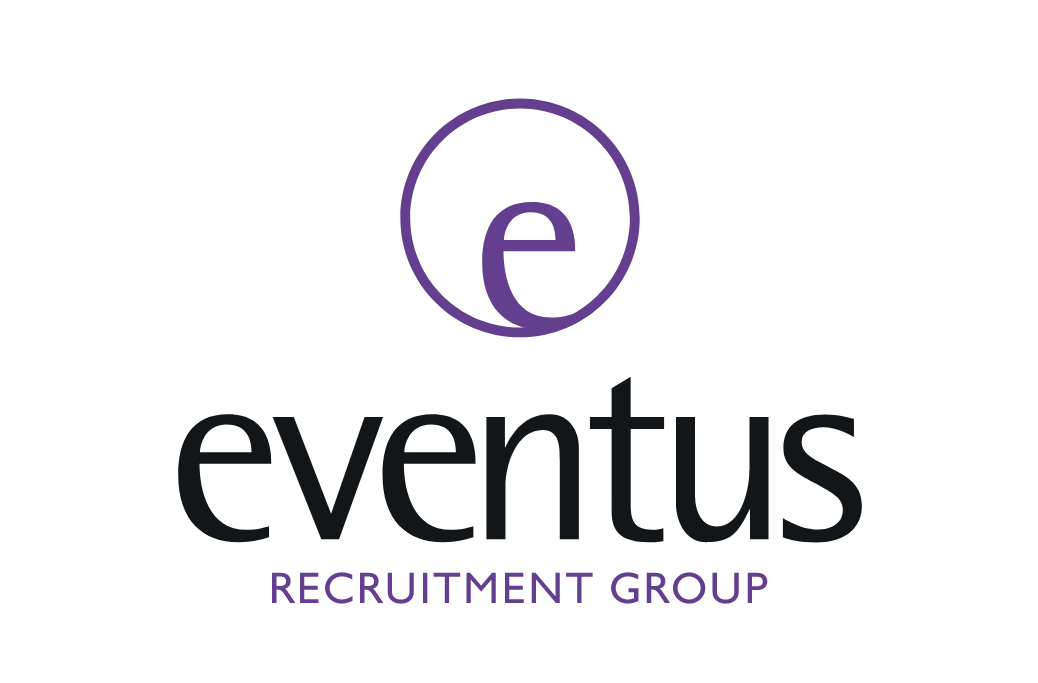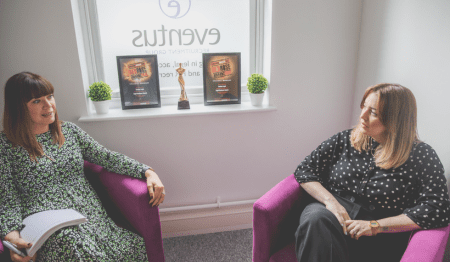Sometimes it is necessary to have meetings in order to discuss ongoing and upcoming projects, review targets, share ideas and discuss how to solve challenges. However, is your firm having too many meetings? Do you feel like you always have a meeting to attend?
Why we have meetings in the workplace
Meetings are a common thread through every organisation, giving colleagues and managers the time to collaborate, discuss goals, review and establish projects amongst many other topics. It’s important that attendees understand the purpose of meetings to make them effective.
In order to achieve certain goals it is often the case that there will be collaboration: with colleagues; other teams or departments; and sometimes external stakeholders who aren’t always in a room together; Therefore meetings are required so that everyone can get together in order to share ideas, discuss progress and get things done.
Meetings often help colleagues and other stakeholders to build relationships. It’s much easier and quicker to build strong working relationships with people you see face to face. Decisions are often made quicker when everyone attends a meeting to contribute rather than emailing or phoning around to get things over the line.
In my career I have been in hundreds, maybe even thousands of meetings but I have to say that with most of them it was important I was in attendance. They helped me to build strong relationships, especially with colleagues in different departments, and provided insight into how each department aligned with the company vision and values. It’s also interesting to understand another point of view when meeting with colleagues who carry out a different role or function. During a meeting it is surprising how much you can learn about other parts of the business and what it actually is that other people within the business do.
Don’t be afraid to check whether your attendance is necessary
However, I have also attended and been invited to meetings where my presence wasn’t necessary, and I have felt that I could’ve been much more productive elsewhere. This is a valuable lesson and a few years ago I always checked the agenda before a meeting to make sure that it would be useful and productive for me to attend.
There certainly are times when we can feel that there are too many meetings but don’t be afraid to ask for the agenda. Or to ask the chairperson what it is they think you can bring to the table, if you aren’t sure why you have been invited. This is especially the case if you have tight deadlines and a huge to do list. Don’t be afraid to ask whether your presence is required. Your colleagues are likely to understand that you have to manage your time as much as they do.
Keeping meetings effective
Here at Eventus Recruitment Group we have one full team meeting on a weekly basis discussing successes and market knowledge, sharing ideas, reviewing targets and WIP along with our marketing plans. We genuinely find the meetings useful as everyone brings something different to the table and we get chance to celebrate each other’s success, support each other’s challenges and plan ahead.
However, we can be a little bit of a chatty group if we aren’t kept in order so to ensure our meetings run smoothly and efficiently here are my top tips:
- Have an agenda – most importantly stick to it
- Nominate a chairperson – ideally put this on the rota so it isn’t the same person each time
- Note and distribute agreed actions – include who is responsible and deadlines
- Make time for Any Other Business at the end of the meeting – encourage attendees to send their AOBs to the chairperson prior to the meeting so that they can stick to the schedule
I enjoy an effective meeting, often coming away feeling positive and inspired. Especially after spending so long working alone at home during those lockdown days. It’s great to get around the table with my colleagues and collaborate.
Written by Nikki Phillips, Legal Recruitment Consultant covering Lancashire, Cumbria, Greater Manchester, Cheshire, Merseyside and Wales.


